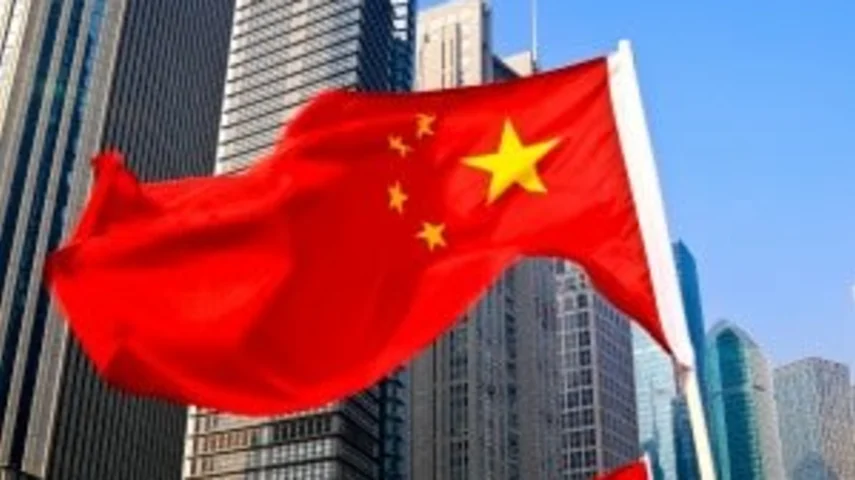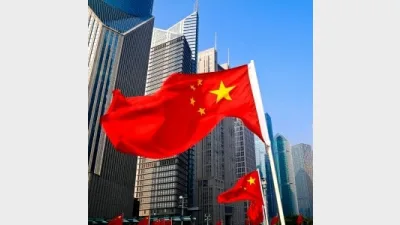Why market watchers are paying attention to China’s reopening



As the Chinese economy gets back on the road to recovery, its impact on the domestic and global economy could be significant, according to market watchers.
Some argued the unwinding of China’s strict zero-COVID policy from last year would likely unleash a wave of new demand.
“Our base case remains that reopening will continue gradually and will have a noticeable effect on economic activity by the second quarter of 2023. That should provide support for demand globally and limit the scope for a deep downturn,” said Aviva Investors.
“However, the way a reopening affects Chinese companies and emerging market equities will not just be dictated by the zero-COVID policy, but also by the relationship the Chinese state wants to have with its companies.
“This still points towards rebalancing power away from large firms, which constitutes a headwind for the Chinese corporate sector.”
Seema Shah, chief global strategist at Principal Global Investors, also believed the lifting of COVID-19 restrictions should remove impediments to other stimulative measures, such as China’s property market, fiscal stimulus (such as infrastructure investment) and monetary stimulus.
“With the true pain residing in the lack of demand, households and companies have not taken advantage of rate cuts or targeted relending. A reopening will likely lead to confidence restoration among households and businesses, kick-start demand and enable monetary stimulus to be more effective in driving growth,” she observed.
However, not all market watchers maintained a rosy outlook. According to some, China’s reopening would initially lead to a rise of case numbers and deaths.
AXA’s Chris Iggo, chair of the AXA IM Investment Institute, explained: “In the short term, the rapid spread of COVID-19 is likely to be a negative for activity as cases and deaths rise. The experience from other countries is that once the disease has passed through the population, and especially if vaccination levels can become more effective, then economic activity will rise strongly.
“This should be seen on numerous levels – higher consumption and private sector investment, increased volumes of foreign trade and travel, and a potential recovery in China’s property market.”
He added, “This Sino-recovery might also be an additional source of global inflation at some point."
Such fears concerning the spread of new COVID-19 variants had already led to more countries, including Australia, imposing testing requirements for travellers from China.
“Optimism regarding China’s reopening quickly gave way to concerns about a larger drag on near-term economic growth and renewed concerns that new COVID-19 variants could emerge as cases rise,” managers of the Platinum Asia Fund noted in a monthly update.
“Our view is that the impact of the lockdowns and COVID-19 spread is already reflected in the Chinese market, with the SSE Composite Index down 15% in 2022.
“As long-term investors, we are less concerned about any short-term economic setback due to rising COVID-19 cases and maintain our focus on China’s long-term economic rebound, which we think will be boosted by government policy support.”
Recommended for you
Natixis Investment Managers has hired a distribution director to specifically focus on the firm’s work with research firms and consultants.
The use of total portfolio approaches by asset allocators is putting pressure on fund managers with outperformance being “no longer sufficient” when it comes to fund development.
With evergreen funds being used by financial advisers for their liquidity benefits, Harbourvest is forecasting they are set to grow by around 20 per cent a year to surpass US$1 trillion by 2029.
Total monthly ETF inflows declined by 28 per cent from highs in November with Vanguard’s $21bn Australian Shares ETF faring worst in outflows.











